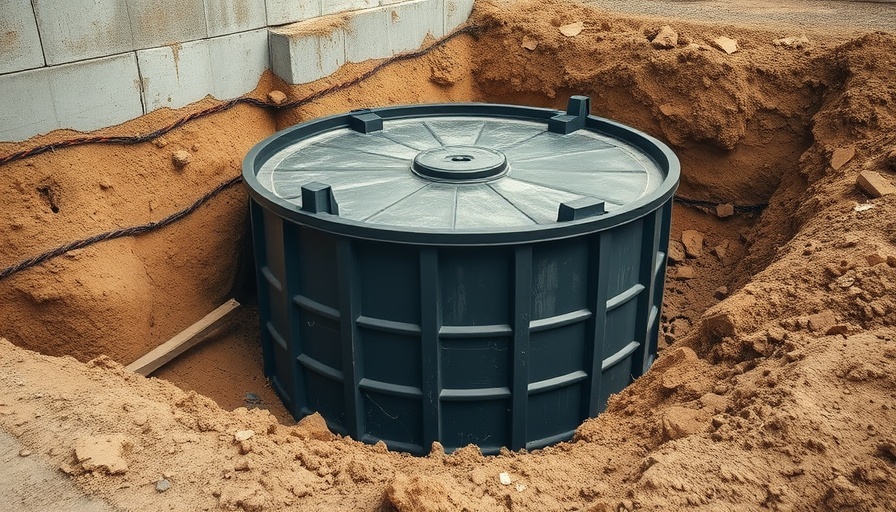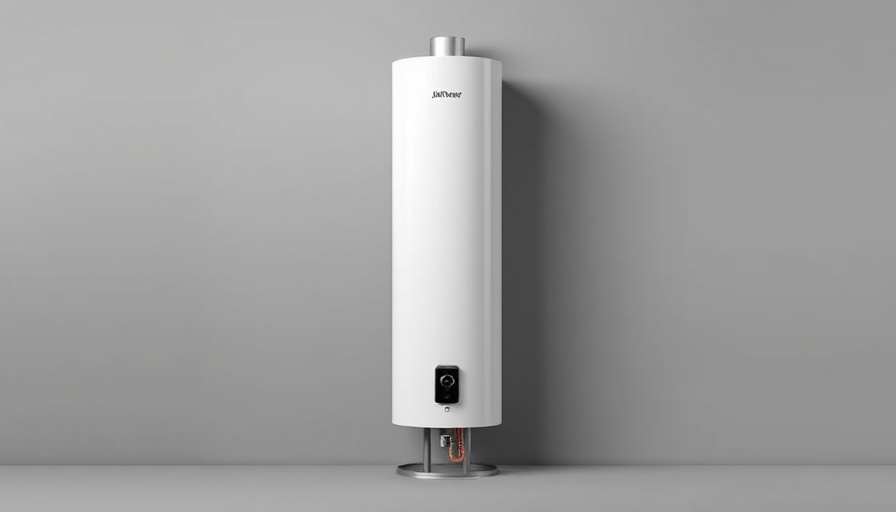
Understanding the Origins of Labor Day
Labor Day, celebrated on the first Monday of September, serves as a tribute to the contributions and achievements of American workers. The holiday originated in the late 19th century during a period of rapid industrialization and labor unrest. The Central Labor Union and the Knights of Labor organized the first Labor Day parade on September 5, 1882, in New York City. Their goal was to celebrate the social and economic achievements of workers, and to promote increased rights and regulations for laborers. The recognition of this day eventually led to Labor Day being declared a national holiday in 1894.
A Time to Unwind and Reflect
In addition to being a celebration of labor, Labor Day represents a chance for families to come together and enjoy the last days of summer. Often marked with barbecues, picnics, and outdoor activities, it has become a day for relaxation as well as recognition. As homeowners, it’s also an ideal time to assess any home improvements or repairs left undone throughout the summer.
The Infamous "No White After Labor Day" Rule
For many, Labor Day symbolizes the end of the summer season, which has led to the long-standing fashion rule: no white clothing after this holiday. This guideline, primarily rooted in social traditions of the early 20th century, suggested that wearing white indicated a casual, summer lifestyle better suited for vacations and escapes than urban life. Interestingly, this rule has faded over time, evolving into a personal choice rather than a strict fashion guideline. Homeowners can now embrace style without restrictions, applying this freedom to their home decor as well.
Labor Day: An Opportunity for Home Upgrades
This year, consider Labor Day not only as a day of recognition but also as an excellent opportunity for home renovations and upgrades. Many homeowners use this time to assess their plumbing systems, especially before winter sets in. The Bosch GreenTronic heat pump water heater is an innovative solution for those looking to enhance energy efficiency while ensuring reliable hot water for their homes. With advancements in technology, upgrading your plumbing system can contribute to cost savings and improvement in home value over time.
Incorporating Technology into Home Improvements
As homeowners focus on upgrades, incorporating smart technology can lead to a more efficient living space. Innovations in smart plumbing solutions—such as leak detection sensors, on-demand hot water systems, and energy-efficient appliances—enhance both convenience and sustainability. By investing in technology-driven upgrades, homeowners not only modernize their homes but also contribute to a more sustainable future.
Final Thoughts: The Future of Labor Day Celebrations
As we celebrate Labor Day, it’s essential to remember its roots and reflect upon the labor movements that fostered workers' rights. The holiday serves as a reminder of the ongoing changes in labor practices and the importance of recognizing the hard work that goes into maintaining our communities. Consider planning achievable home improvements this Labor Day, and embrace new traditions that reflect your style and values.
 Add Row
Add Row  Add
Add 


Write A Comment